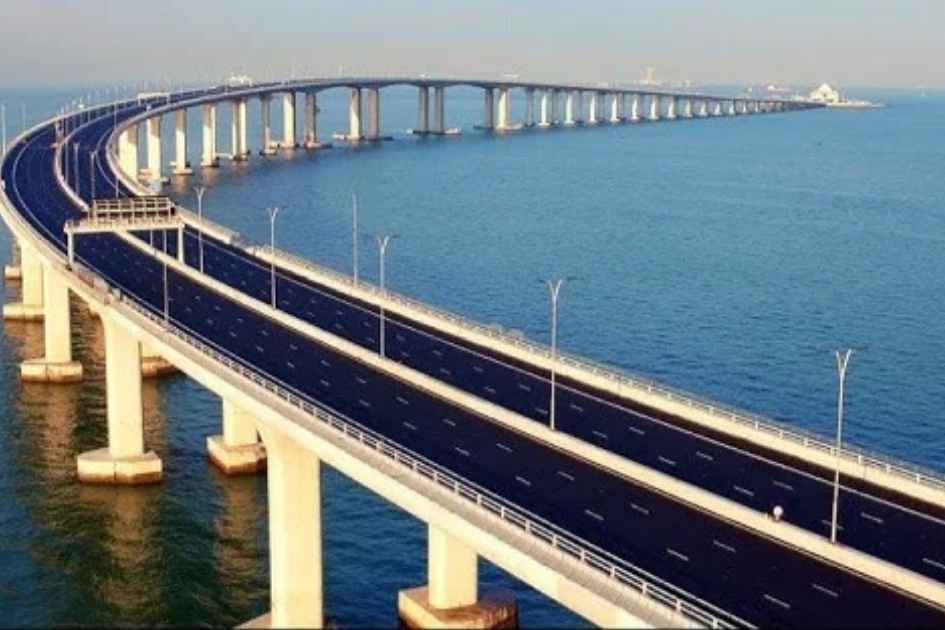Inside the Ambitious Bangladesh Defence Economic Zone

Building a Self-Reliant Future for National Security
Bangladesh is taking bold steps toward industrial self-reliance through the creation of a Bangladesh Defence Economic Zone. This initiative aims to transform the country’s defence sector into a powerful driver of technology, innovation, and national security. According to The Business Standard, the government has already begun preparing policy and infrastructure frameworks to establish a specialized industrial hub that will manufacture defence equipment and advanced technology products.
This move reflects Bangladesh’s vision of reducing dependence on foreign imports for military hardware. The government expects this initiative to strengthen the armed forces while stimulating domestic industrial growth. With global security dynamics shifting rapidly, Bangladesh’s decision to build its own defence industrial base is both strategic and visionary.
A Bold Vision for Industrial Independence
The plan for the Bangladesh Defence Economic Zone comes as part of the government’s long-term strategy to modernize the armed forces and enhance local manufacturing capacity. As BEZA reports, the project is designed under the broader umbrella of Bangladesh’s Vision 2041, which prioritizes sustainable industrial development.
At present, Bangladesh spends around Tk 8,000 crore annually on importing military equipment. This dependency strains foreign reserves and limits local innovation. Establishing a defence-focused economic zone will allow Bangladesh to retain this expenditure within its own economy, creating jobs and technological expertise.
The proposed zone will attract local and foreign investors, including global defence companies seeking cost-effective production bases. As Prothom Alo highlights, the government aims to position the country as a regional player in the defence manufacturing ecosystem.
Government Plans and Strategic Objectives
The Bangladesh Defence Economic Zone is being designed through close collaboration between the Bangladesh Economic Zones Authority (BEZA), the Ministry of Defence, and other national security agencies. A key meeting held in September 2025 outlined the goals and expected outcomes of the project, according to Jago News 24.
The main objectives include:
- Creating a local supply chain for arms, ammunition, and defence technology.
- Encouraging private-sector participation through public-private partnerships (PPP).
- Attracting foreign direct investment and joint ventures.
- Developing export capabilities for select defence equipment.
These goals align with the broader policy of Forces Goal 2030, which envisions a modern, self-sufficient, and technologically advanced defence sector.
Potential Location and Investment Scope
Although the government has not officially confirmed the site, multiple reports suggest the zone may be developed on a large parcel of government land in Gazipur or Chattogram. The decision will depend on access to infrastructure and logistics networks. According to The Daily Observer, the initial investment required to build the zone is estimated at Tk 15,000 crore, roughly equivalent to 1.2 billion US dollars.
The project will likely follow the successful models of existing BEZA zones, such as those in Mirsarai and Mongla, where dedicated industrial parks have attracted multinational companies. Developing a defence economic zone with modern facilities, power supply, research laboratories, and housing for workers will make Bangladesh a new regional hub for military technology manufacturing.
Emphasis on Technology and Research
One of the most exciting aspects of the Bangladesh Defence Economic Zone is its focus on advanced technology and research. As the government seeks to reduce dependency on imported systems, the zone will prioritize innovation in areas such as drone manufacturing, cybersecurity, armored vehicle design, and surveillance systems.
Research partnerships with universities and defence academies are expected to play a key role. Institutions like the Military Institute of Science and Technology (MIST) and Bangladesh University of Engineering and Technology (BUET) may contribute through research and development programs. According to Dhaka Tribune, technology transfer from international partners will also help Bangladesh quickly build domestic capabilities.
This focus on innovation mirrors the strategies of countries like Turkey and South Korea, which successfully built self-reliant defence industries by linking academic research with production.
Strengthening National Security and Export Potential
Bangladesh’s annual defence imports remain substantial. According to SIPRI, the country ranked among the top 40 arms importers globally in 2024. However, through local manufacturing, the government hopes to significantly reduce these imports within the next decade.
The Bangladesh Defence Economic Zone also aims to create export opportunities. The government expects to produce small arms, communication systems, protective gear, and vehicle components for friendly nations. This aligns with Prime Minister Sheikh Hasina’s broader policy of turning Bangladesh into a regional manufacturing hub.
Experts believe that exporting defence technology could bring significant foreign exchange revenue. As BDNews24 reports, such exports could follow the model of Bangladesh’s success in pharmaceuticals and shipbuilding, where local industries gained global trust through quality production.
Job Creation and Industrial Growth
The establishment of a specialized defence industrial park will generate thousands of jobs for engineers, technicians, and skilled workers. A report by The Financial Express indicates that industrial zones under BEZA have already created employment for more than 200,000 people. The new zone could add at least 50,000 direct and indirect jobs once fully operational.
Local small and medium enterprises (SMEs) will also benefit by supplying raw materials, components, and logistics services. As a result, the ripple effect of the Bangladesh Defence Economic Zone could strengthen several related industries, including metallurgy, electronics, and software development.
Furthermore, this initiative aligns with the government’s industrial diversification goals, ensuring that the country moves beyond garments and remittances as primary economic drivers.
International Collaboration and Strategic Partnerships
Defence manufacturing requires sophisticated technology and strong partnerships. To meet these demands, Bangladesh has shown interest in collaborating with countries such as Turkey, China, and South Korea. As Anadolu Agency reports, Turkey’s defence companies have expressed willingness to assist Bangladesh in building production facilities and sharing technology.
Joint ventures will help accelerate skill transfer and establish international credibility. The Bangladesh Defence Economic Zone could host several multinational firms producing jointly developed products for export. These partnerships may also enhance Bangladesh’s diplomatic influence in the region by creating new channels for strategic cooperation.
Challenges to Overcome
While the vision is ambitious, there are challenges to address. According to experts cited by The Business Post, establishing a defence industrial base requires strict quality standards, skilled manpower, and long-term funding.
Bangladesh must also reform procurement policies to ensure that locally produced goods can compete with imported alternatives. Another challenge lies in intellectual property management, as technology sharing between international partners often involves complex licensing agreements.
Building a strong regulatory framework will therefore be crucial for success. The government must ensure transparency, accountability, and alignment with international defence trade laws.
The Road Ahead: A National Turning Point
If implemented effectively, the Bangladesh Defence Economic Zone could redefine the country’s industrial identity. This initiative represents more than a manufacturing project; it symbolizes Bangladesh’s confidence in its capacity to design, build, and export high-value products.
As UNIDO highlights, countries that invest in specialized industrial zones often experience significant increases in GDP and technology capacity. For Bangladesh, this could mean stronger national security, increased employment, and a global reputation as a capable and responsible producer.
The coming years will determine how successfully Bangladesh can translate its ambitious plan into reality. But the momentum is clear: the country is ready to move from dependency to self-reliance, from importer to innovator.
Toward a Secure and Independent Future
The creation of the Bangladesh Defence Economic Zone represents a historic milestone. It blends national security with economic growth and aims to empower future generations through technology, skill, and innovation.
By investing in this project, Bangladesh is not only building weapons but also building a future rooted in self-confidence, sustainability, and strategic independence. The success of this zone will depend on strong leadership, transparent policy, and continued collaboration between public and private sectors.
The dream of a self-reliant defence industry is now within reach, and Bangladesh appears determined to make it a reality.







